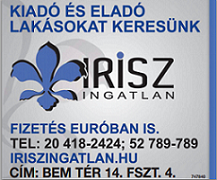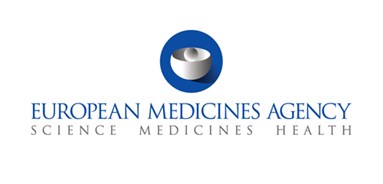EMA’s human medicines committee (CHMP) has recommended granting a marketing authorisation in the European Union for Kaftrio, the first triple combination therapy for the treatment of cystic fibrosis in patients aged 12 years and older who are homozygous for the F508del mutation in the cystic fibrosis transmembrane conductance regulator (CFTR) gene or heterozygous for F508del in the CFTR gene with a minimal function (MF) mutation. This treatment is expected to provide a new therapeutic option for many cystic fibrosis patients, including those with MF mutations where no treatment exists.
Cystic fibrosis is a rare, life-threatening genetic disorder that affects around 42,000 people in the European Union. It is caused by a mutation of the CFTR gene, which regulates salt and water transport in the body (measured as sweat chloride). The CFTR mutation allows too much salt and water into cells. This results in a build-up of thick, sticky mucus in the body’s tubes and passageways. These blockages damage the lungs, digestive system and other organs. Symptoms start in early childhood and include persistent cough, recurring chest and lung infections and poor weight gain.
There is no cure for cystic fibrosis. A range of treatments can help control the symptoms, prevent or reduce complications and improve quality of life, but many patients have mutations that make them ineligible for the treatments that are currently available. There is therefore a significant unmet medical need for these patients.
Kaftrio is made up of three substances, elexacaftor, tezacaftor and ivacaftor, that work by increasing CFTR protein and improving its function. Kaftrio is the first treatment that is effective for cystic fibrosis patients with the F508del mutation on one allele and a MF mutation on the second allele. In these patients there is no production of a CFTR protein or a CFTR protein that is not responsive to existing therapies in vitro. Kaftrio is also intended for patients homozygous for the F508del mutation. These two groups represent the majority of patients diagnosed with cystic fibrosis.
The safety and efficacy of Kaftrio was studied in two clinical trials involving over 500 patients. Both studies showed clinically significant improvements in patients’ lung function and decrease of sweat chloride. In the first trial, comprising patients who were heterozygous for F508del with a MF mutation, the lung function increased by 14.3 percentage points compared to patients who took placebo (a dummy treatment). In the second trial, comprising patients homozygous for F508del Mutation (F/F), it increased by 10 percentage points compared to patients taking another cystic fibrosis medicine (Symkevi).
The most common adverse reactions reported were headache, diarrhoea and upper respiratory tract infection.
Kaftrio was initially reviewed under EMA’s accelerated assessment programme. However, during assessment, this could no longer be achieved, since the applicant requested a 3-month clock stop ultimately reduced to 2 months. Therefore, the conditions for accelerated assessment could not be met.
The opinion adopted by the CHMP is an intermediary step on Kaftrio’s path to patient access. The CHMP opinion will now be sent to the European Commission for the adoption of a decision on an EU-wide marketing authorisation. Once a marketing authorisation has been granted, decisions about price and reimbursement will take place at the level of each Member State, taking into account the potential role/use of this medicine in the context of the national health system of that country.

















